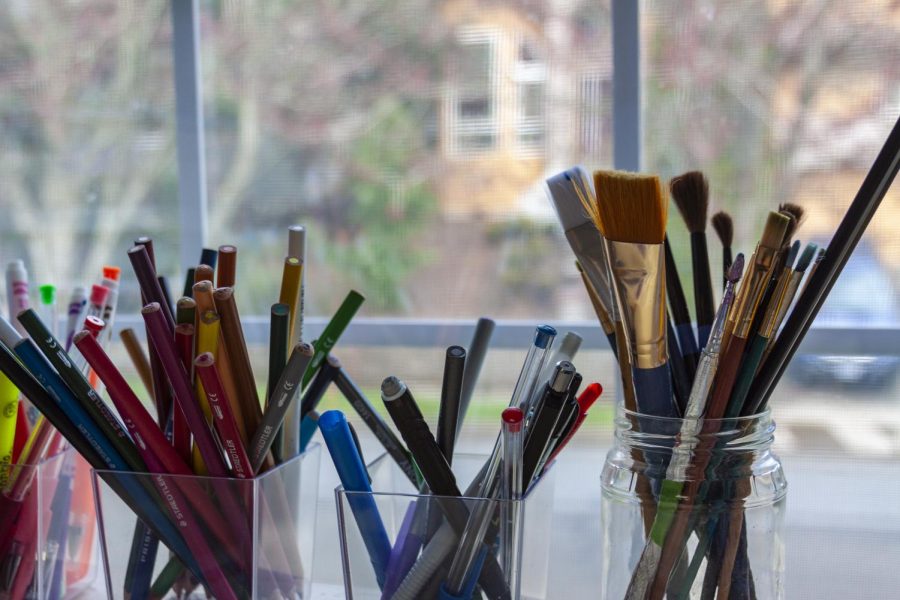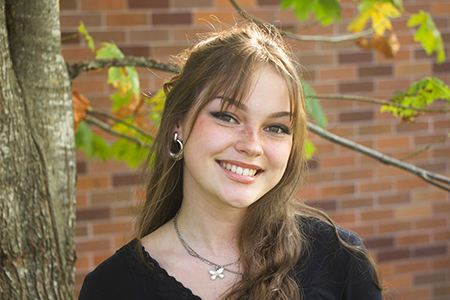The Valuable Role of Creativity: How Art Can Improve Your Mental Health
Painting, drawing, and sketching are relaxing art forms that can contribute to positive mental health.
December 16, 2020
Art, existing in all shapes and sizes, is a form of self-expression everyone is capable of. A rewarding hobby that relieves stress and provides an opportunity for mindfulness and creativity, art helps people express feelings that are difficult to put into words.
Nearly 1 in 5 people suffer from at least one mental health disorder, and all mental illnesses vary in severity and range.
Many suffering from mental health issues seek healthy escapes, with a major outlet being the arts.
The benefits of artistic expression stretch far beyond simple enjoyment and relaxation, as many might believe it is limited to.
Studies show that the arts are valuable in treating mental health issues such as anxiety and depression.
Creating art allows you to slow down and pay more attention to the way you feel; it trains you to concentrate on details and be aware of your environment. In this way, it’s similar to meditation.
The process of creation also provokes positive thoughts, distracting from the intrusion of negative or destructive ones. Artistry roots you in the present moment — your mind is less likely to get carried away with troubling emotions when indulging in art.
Several studies have also discovered that writing — particularly expressive writing — can help people manage negative emotions and overcome trauma.
Personally, creating and writing music is the artistic outlet that allows me to confront my emotions. Expressing how I feel through music is more beneficial than talking or sharing my emotions with others. Music is what makes me feel the most understood.
From painting to sculpting, writing to drawing, drama to designing, art’s healing power is available to anyone.
Most importantly, creating art is not about a person’s level of talent or skill; rather, it’s an opportunity for self-awareness and self-love.
I encourage you to find an art form that resonates with you. Allow yourself to be vulnerable; those feelings that rise to the surface when creating art are essential and valid.
Don’t limit yourself and your self-expression, for creativity is a life-changing world of acceptance — and it’s right at your fingertips.





